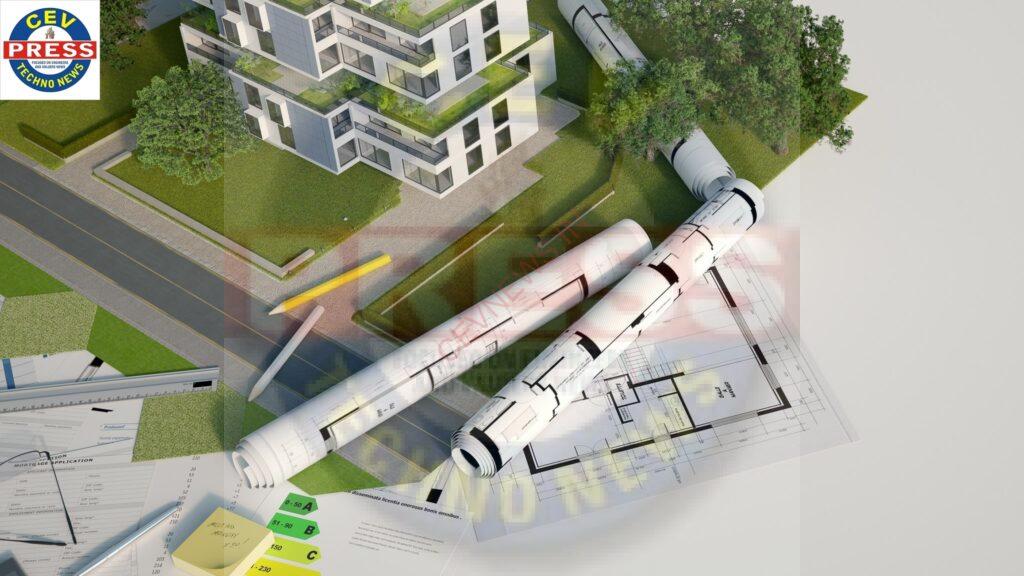IMPACT OF LAND CHARACTERISTICS ON LAND VALUES
Impact of Land Characteristics on Land Values in India
Land values in India are intricately tied to various characteristics of the land itself. These characteristics encompass a range of factors from location and accessibility to soil quality and topography. Understanding these factors is crucial for stakeholders in real estate, urban planning, and agricultural sectors. Here, we delve into the significant impacts of land characteristics on land values in India:
1. Location and Accessibility:
- Proximity to urban centers, commercial hubs, transportation networks, and amenities significantly influences land values.
- Land located in prime locations with easy access to highways, airports, and public transportation tends to command higher prices.
- Urbanization and infrastructure development further amplify the importance of location and accessibility in determining land values.

2. Land Use Zoning and Regulations:
- Government regulations and zoning laws dictate permissible land uses, density, and development potential, directly impacting land values.
- Conversion of agricultural land to commercial or residential use often leads to substantial increases in land values, subject to regulatory approvals.
3. Soil Quality and Agricultural Potential:
- In agrarian economies like India, the quality of soil plays a pivotal role in determining land values.
- Fertile land suitable for agriculture or horticulture commands higher prices due to its income-generating potential.
- Regions with irrigated land or access to water sources tend to have higher land values for agricultural purposes.
4. Topography and Natural Features:
- Land with favorable topography, such as flat terrain or gentle slopes, is more suitable for construction and development, thereby commanding higher values.
- Proximity to natural features like water bodies, forests, or scenic views often enhances land values, especially for recreational or tourism-related purposes.
5. Environmental Factors and Hazards:
- Environmental considerations such as pollution levels, air quality, and susceptibility to natural disasters like floods or earthquakes can adversely affect land values.
- Properties located in environmentally sensitive areas or prone to hazards often experience lower demand and consequently, lower land values.
6. Infrastructure and Utilities:
- Availability and adequacy of infrastructure such as electricity, water supply, sanitation, and telecommunications infrastructure significantly impact land values.
- Areas with well-developed infrastructure and access to basic utilities tend to have higher land values due to increased livability and convenience.
7. Market Dynamics and Demand-Supply Factors:
- Market forces, including demand-supply dynamics, investor sentiment, and economic conditions, exert significant influence on land values.
- Speculative activity, government policies, and macroeconomic factors can lead to fluctuations in land prices, independent of inherent land characteristics.
8. Cultural and Historical Significance:
- Land with cultural or historical significance, such as heritage sites or landmarks, often commands premium prices due to their intrinsic value and potential for cultural tourism.
The impact of land characteristics on land values in India is multifaceted and dynamic, shaped by a complex interplay of factors ranging from geographical features and infrastructure to regulatory frameworks and market dynamics. Recognizing and analyzing these influences are essential for informed decision-making in real estate investments, urban planning initiatives, and agricultural development strategies. Moreover, policies aimed at sustainable land use and equitable access to resources must consider these factors to promote inclusive growth and development across regions.


